Last month, Meg Post had never heard of RSV.
After four emergency department visits with her infant son, she knows far more than she would like about the common respiratory virus.
Seven-month-old Wyatt is among the many babies who recently received emergency care for RSV in West Michigan.
The seasonal virus has hit earlier than usual, said Dan McGee, MD, a hospitalist with Spectrum Health Helen DeVos Children’s Hospital. And it has hit hard.
Typically, the emergency department sees an upswing in cases in January. This year, they began before Christmas.
“It is in full force this year,” Dr. McGee said.
So far, RSV cases outnumber flu cases, he said. However, he cautioned that flu is on the rise, as well.
If your child is struggling to breathe, he needs to be seen.
RSV, which stands for respiratory syncytial virus, can affect anyone. In adults and older children, it looks like a common cough or cold.
But in infants, it can cause more serious problems.
“In the very young, it causes inflammation in the small airways and it can cause anything from ear infections to pneumonia,” Dr. McGee said.
The inflammation can cause difficulties breathing. And when that happens, it’s important to seek medical care, he said.
“If your child is struggling to breathe, he needs to be seen,” he said.
Holidays in the hospital
For Wyatt, the illness began as a cough two days before Christmas. On Christmas Eve, he appeared to be wheezing and having trouble breathing, so his mother took him to the emergency department at Helen DeVos Children’s Hospital.
The doctors said it could be croup or RSV. They gave him a steroid, and at first, Wyatt seemed to do better.
The day after Christmas, he was back in an emergency room ―this time, he went to a Detroit-area hospital because the family spent the holiday with relatives. A test confirmed Wyatt had RSV.
A breathing treatment with a nebulizer seemed to help. Again, the doctors told the parents to get medical help if his condition didn’t improve or grew worse.
The next day, they took him back to Helen DeVos Children’s Hospital. The doctor saw signs of improvement.
“They said it’s possible he did have croup and RSV, and maybe that’s why he’s so sick,” Post said. “But they did think he was starting to turn the corner.”
That night, Wyatt woke up with a 102-degree fever. A trip to their doctor’s office revealed he had an ear infection. The doctor prescribed an antibiotic.
And when the antibiotic caused a reaction, Wyatt and his parents had to make yet another trip to the emergency department on New Year’s Eve for a new medication.
It was a heartbreaking 10 days, Post said.
“The RSV was just really, really tough on him mostly in terms of the wheezing,” she said. “You could tell that breathing was not comfortable. That’s the worst part.”
Normally a cheerful baby with a hearty appetite, Wyatt ate about half his usual amount.
“He was not super cranky,” Post said. “He just needed to be held around the clock.”
She hadn’t heard of RSV before she had children. She and her husband, Andrew, don’t recall having the virus. Their 2½ -year-old son, Elliot, hasn’t had it, either.
She became familiar with the term only because she would occasionally see signs posted at their day care when a child had RSV.
But when Wyatt got RSV, both of his parents also came down with colds. Although they were not tested for it, Post suspects it was RSV.
“It was a one-week bad cold,” she said. “I couldn’t sleep from coughing so much.”
That’s common for many families, said Dr. McGee. When he sees an infant with RSV, “it seems most of the time, there’s a coughing or sniffling parent or sibling in the room.”
Flu or RSV
RSV accounts for an average of 2.1 million outpatient visits a year and nearly 58,000 hospitalizations for children under 5, according to the Centers for Disease Control.
RSV differs from influenza in that it causes symptoms only in the respiratory tract―such as coughing and congestion. Flu also can cause high fevers and muscle aches.
“We have lab tests to determine which it is, but mostly we can tell by the symptoms,” Dr. McGee said.
Another difference between the two viral illnesses: there is an antiviral medication for flu, but not for RSV.
A bout of RSV usually lasts five to seven days. Children usually get sickest three to five days into the illness, Dr. McGee said.
There are different strains of RSV, so a child can get the virus more than once in a season.
A preventive medication exists for RSV, but it costs about $5,000 a month, Dr. McGee said. It is used only in high-risk infants, such as preemies with lung disease.
“Not every child who gets RSV will end up in the hospital,” he said. “Those that do are telling us their lungs are more sensitive than other kids. They are more likely to have problems with this virus or problems around smokers.”
A happy baby
Two weeks after his last emergency room visit, Wyatt has bounced back and is once again smiling, crawling, pulling himself up on furniture and testing his ability to stand on his own.
“He’s so happy,” Post said. “He’s a good-natured kid.”
As to Wyatt’s big brother, Elliot sailed through RSV season just fine―the only one in his household not to get sick.
“I’m shocked,” Post said. “But he’s been in day care for three years now, so he’s got a pretty good immune system.”
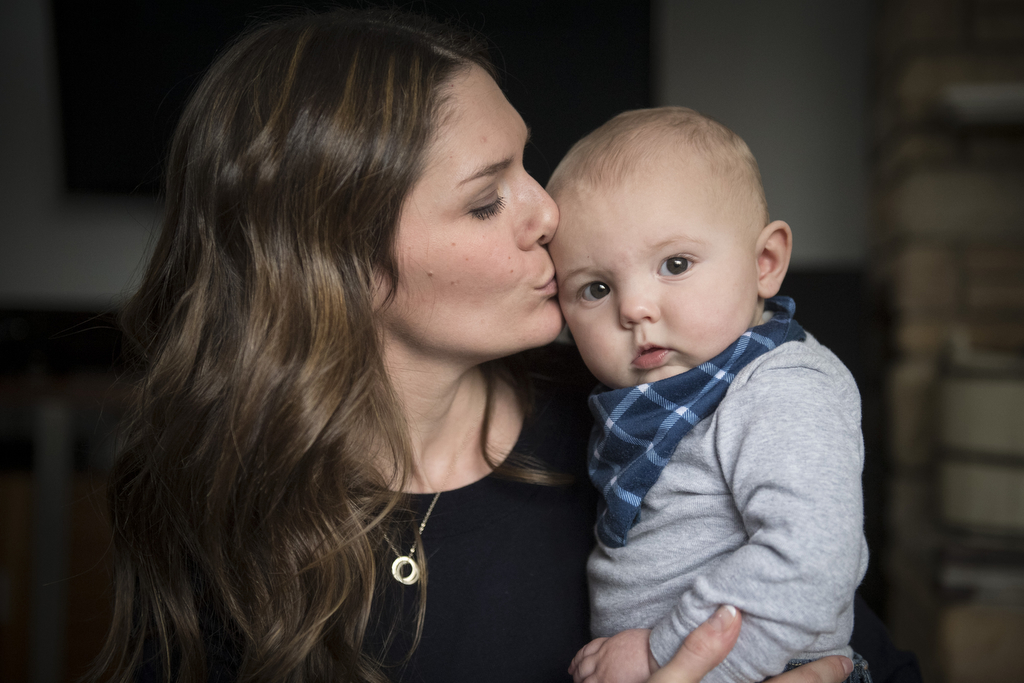
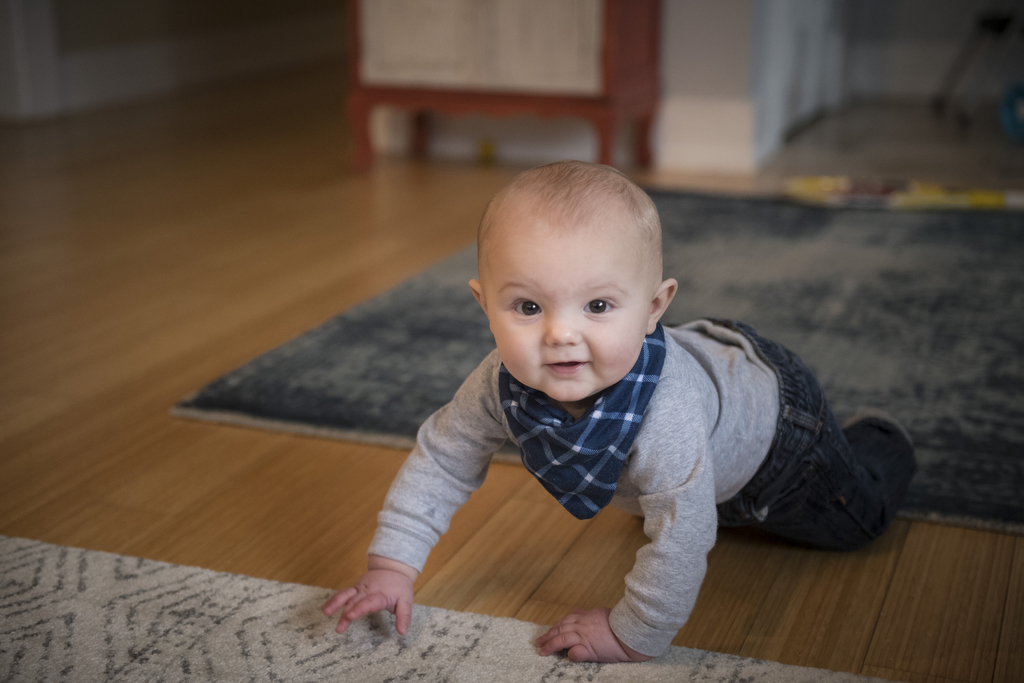

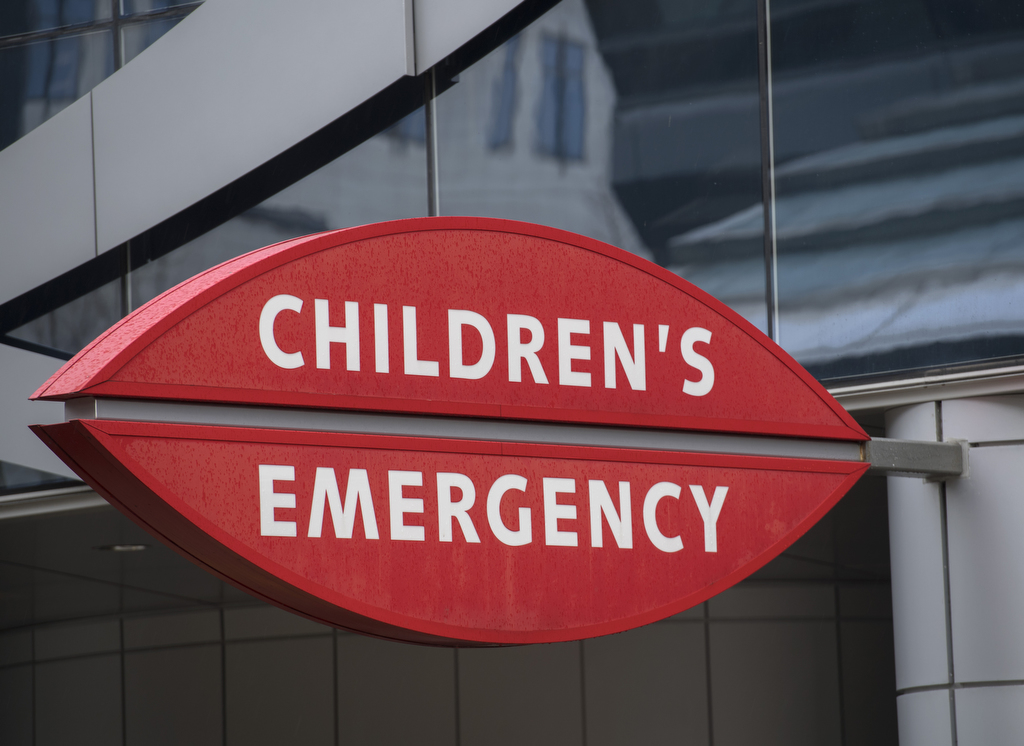
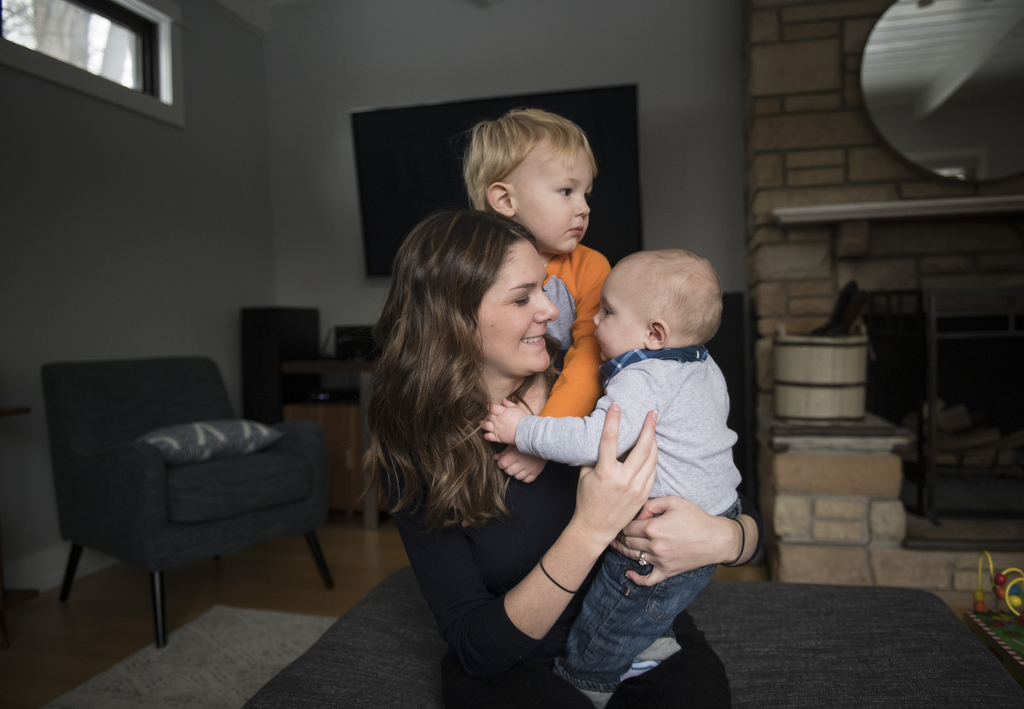

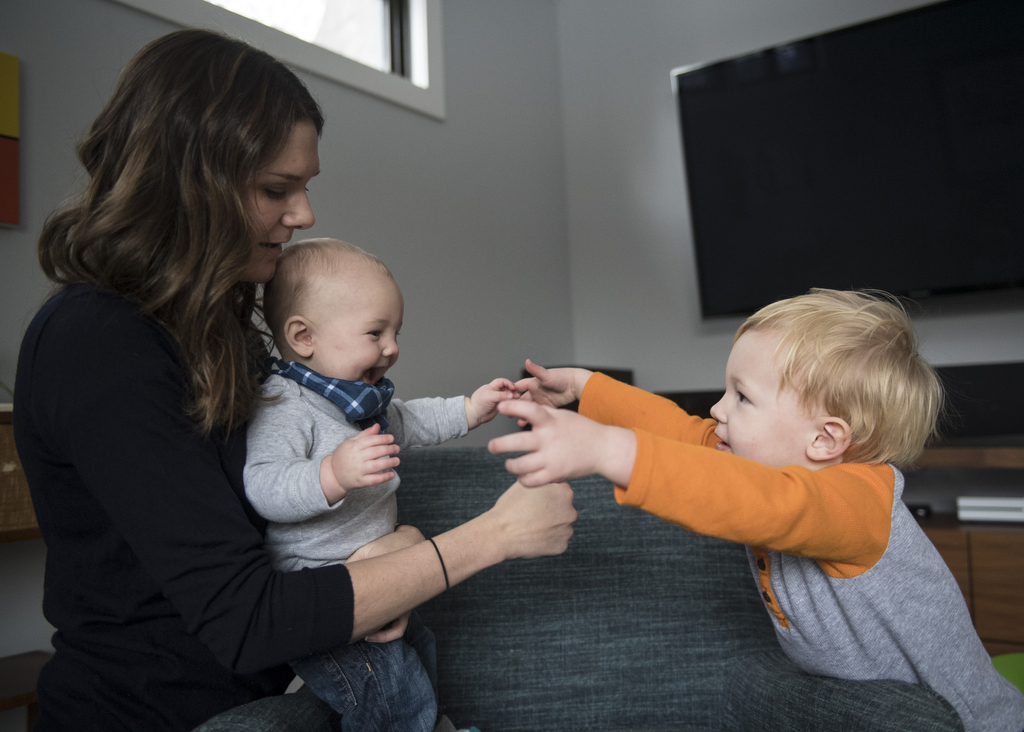
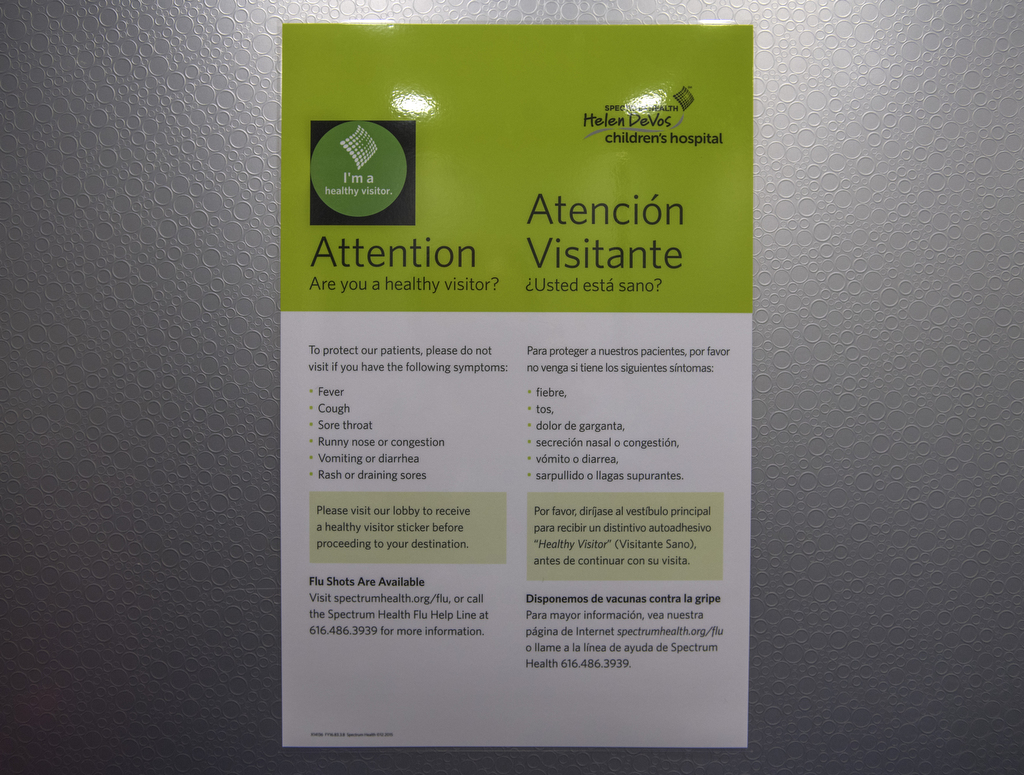
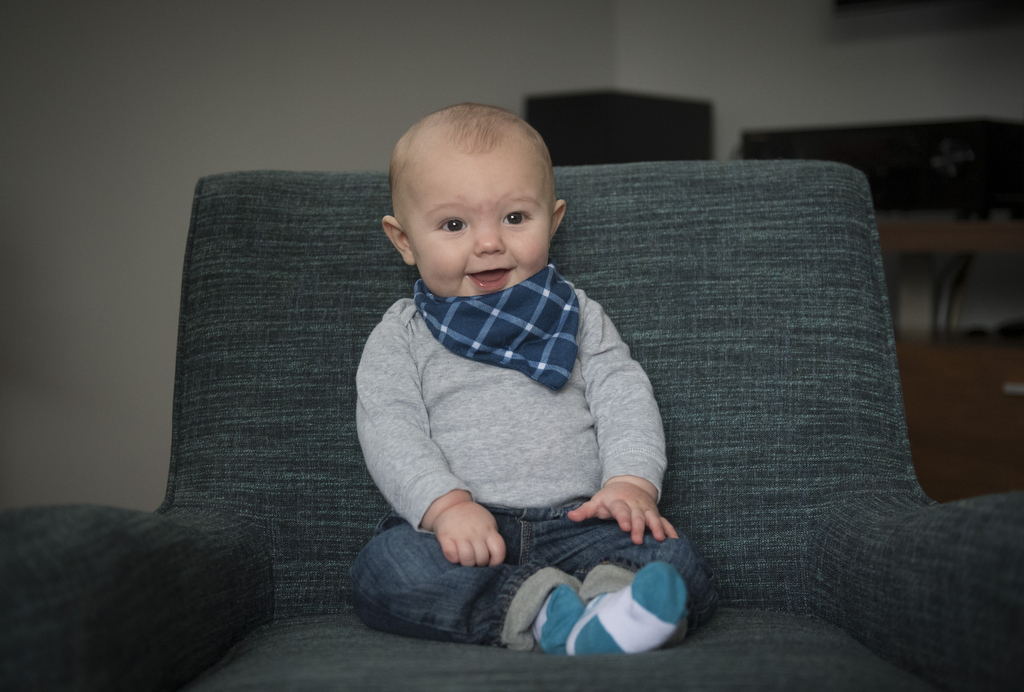
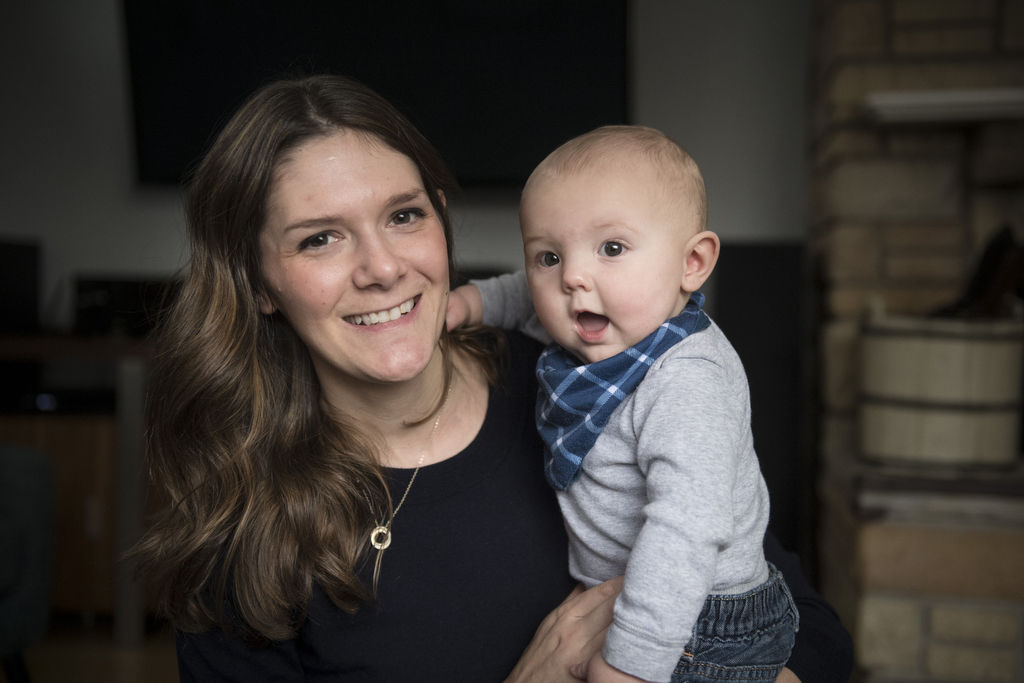
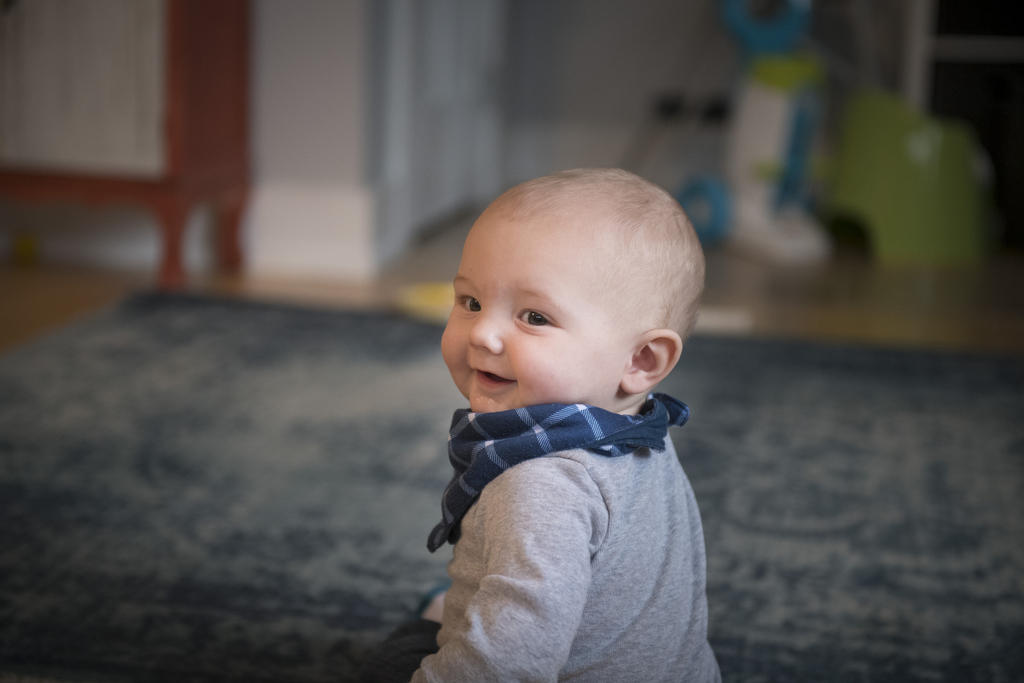
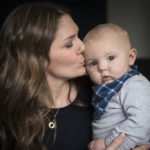


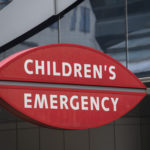







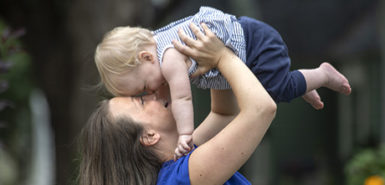 /a>
/a>
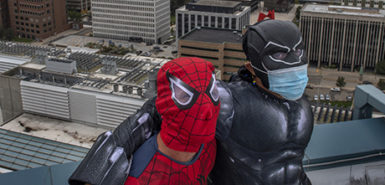 /a>
/a>
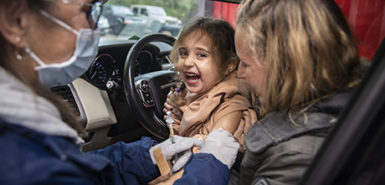 /a>
/a>